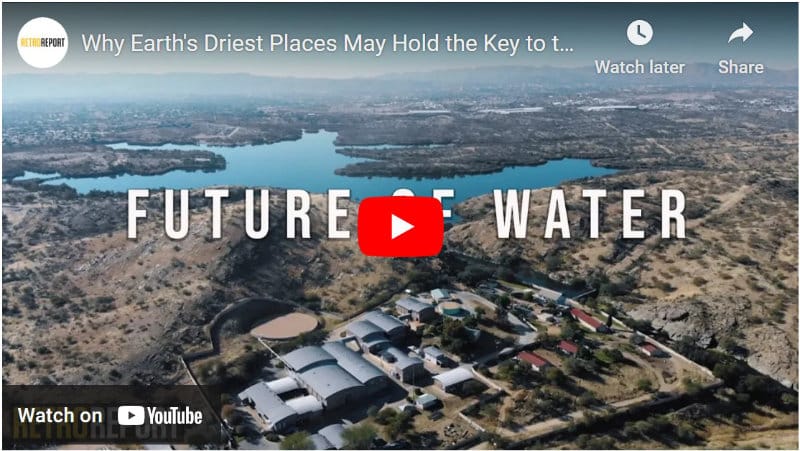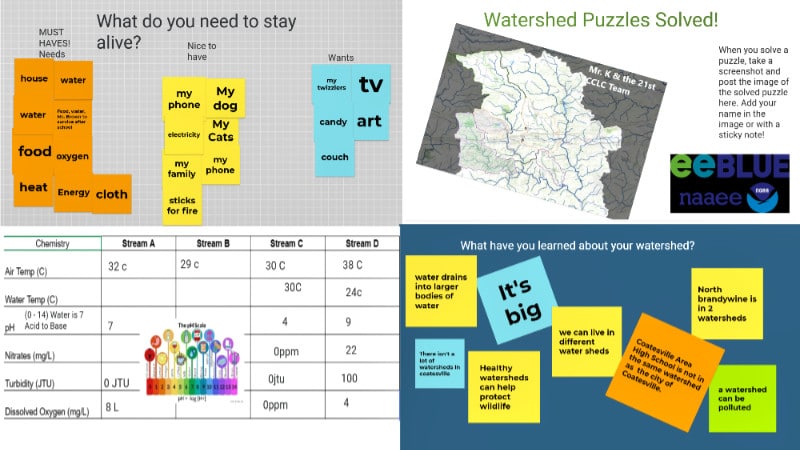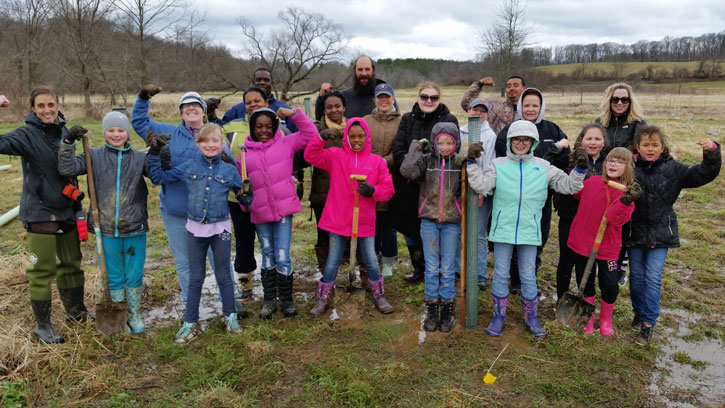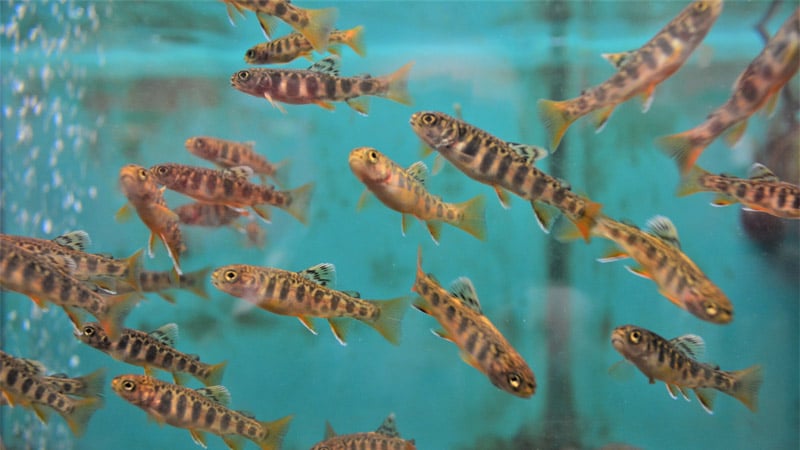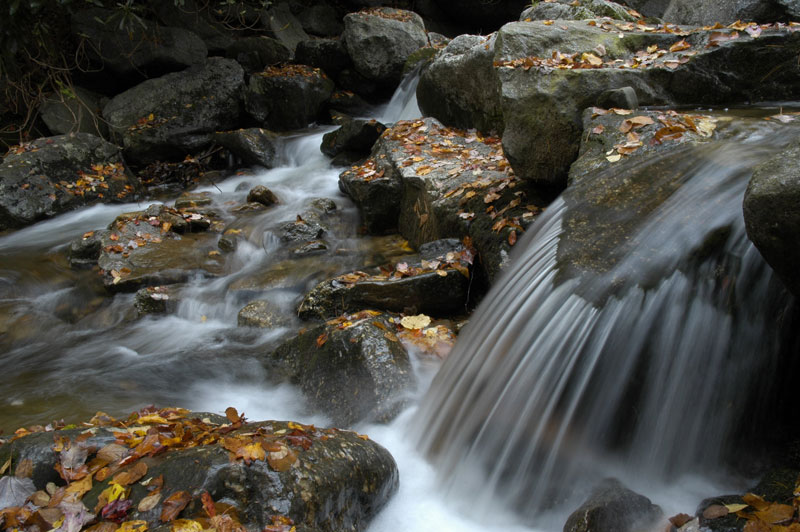Future of Water
https://stroudcenter.org/wp-content/uploads/future-of-water-video-still.jpg 800 451 Stroud Water Research Center Stroud Water Research Center https://stroudcenter.org/wp-content/uploads/future-of-water-video-still.jpgThe scarcity of drinking water is beginning to capture the world’s attention but a radical source of water might just be found in one of Earth’s driest places.

